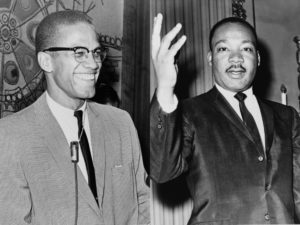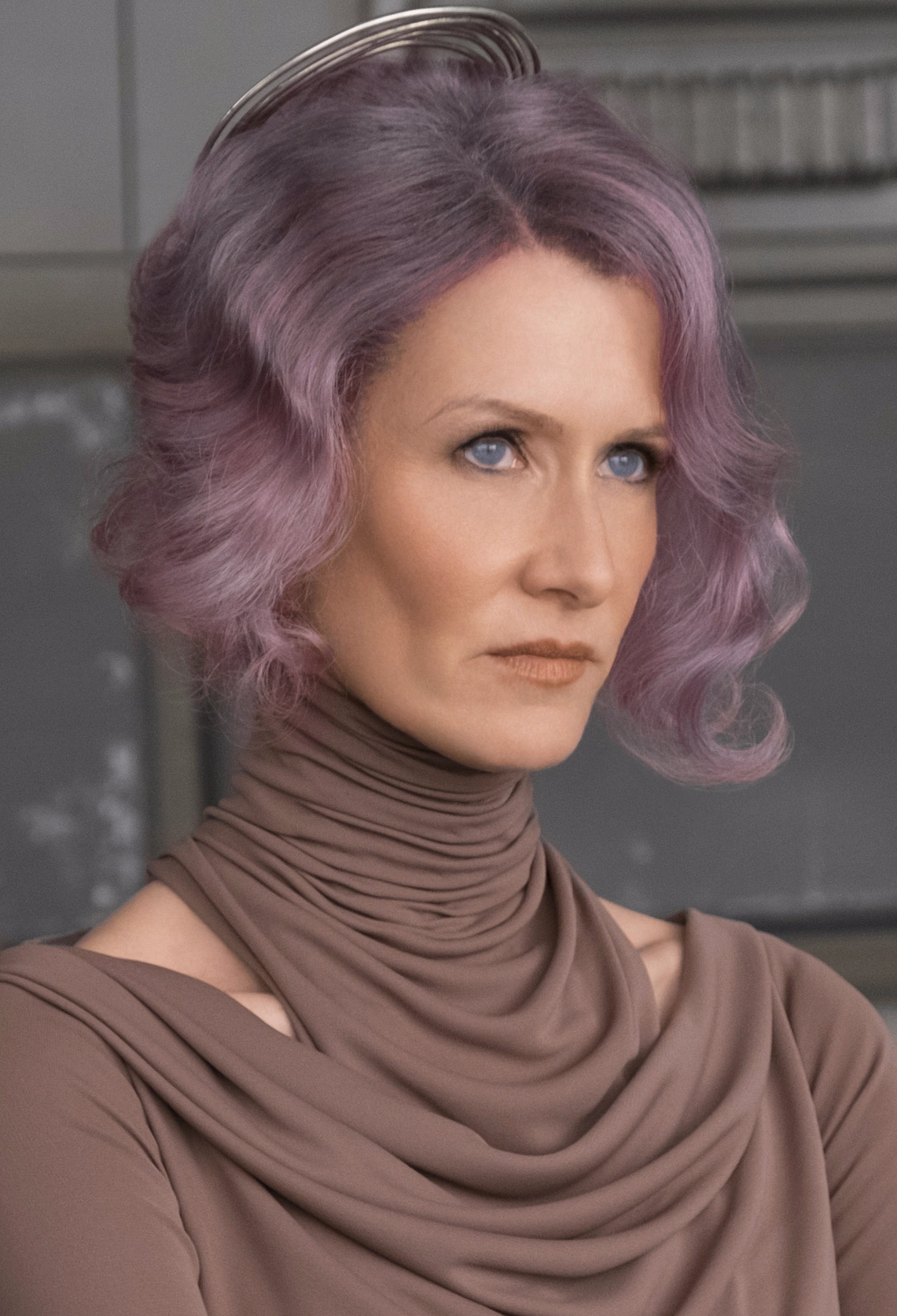Rosanne is off the air for good after her racist tweet. Some are mourning the show’s loss because it portrayed a working class, Trump-supporting family sympathetically. The thinking has been that Hollywood and national media organizations are too quick to assume Trump voters are automatically racist and sexist. For their part, Trump voters felt misunderstood and enjoyed having a show that finally showed respect for their experience. Commentators who miss it want another show to showcase a family like Roseanne’s. But Friday Night Lights long ago accomplished what Rosanne could have.
Friday Night Lights centered around a High School football team in Dillon, Texas. One of the things I enjoyed about the show was how it used football as a vehicle to explore many serious issues still affecting our country.
It dealt with racism. Smash Williams (a black player) was the team’s running back, and he faced racism throughout season one. To make matters worse, it even came from his assistant coach Mac McGill, who should’ve had his back. In one episode, McGill observed that black players are like junkyard dogs and intellectually unfit to play quarterback. Unsurprisingly, Smash and the other black players were furious. It got to the point where they seriously contemplated sitting their next game. This episode was already interesting in that, far from portraying Dillon as an idyllic place, it laid bare simmering racial tensions between blacks and whites.
Where it got even better was that it allowed McGill to be more than an old white racist. At the next game, Smash got tackled after scoring a touchdown, and the ensuing altercation led officials to cancel the game. As the team rode home, the police stopped the team and came aboard to arrest Smash, claiming evidence that he threw the first punch. Of all people, McGill stood up, and told the police he wasn’t letting them on the bus without a warrant. And then in my favorite moment from the episode, said they made mistaken assumptions about Smash, “just like I did.” Maybe, McGill was just trying to ingratiate himself with his black players. But I like to think he genuinely grew. He was able to recognize his own racism and do better. In its own way, the incident shows us how to finally eradicate racism as a country. People like Mac McGill need to have the courage to see themselves as they really are and the confidence that they can be better.
Racial issues, of course, have been a central topic of discussion during the Trump administration. Think of the controversies over NFL players kneeling during the National Anthem, the President’s remarks after Charlottesville, or the immigration executive orders. In today’s climate, with its ongoing race conversation, we don’t really have a show like Friday Night Lights that shows racism in all of its ugliness, and yet manages to preach a message of racial optimism without being preachy.
I enjoyed how the show handled gender and career issues. One of the show’s highlights was Coach Taylor and his wife Tami’s awesome marriage. Throughout the series they confronted, the familiar question of how partners can ensure that a woman’s career doesn’t take a backseat. The couple repeatedly prioritized Coach’s career at first. But then Tami became a principal and was eventually offered a job as director of admissions at a private college. As we were asking whether Coach would follow her and put her career first for a change, it became clear that Tami had some resentment about how the couple had prioritized their careers. She told him that she had been a coach’s wife for so many years and wanted her career to take priority for once. He did.
This is still a fraught topic. Women who are ambitious in their careers frequently have to worry about coming across as unlikable. Others worry that their desire for fulfilling careers will turn off potential partners. Tami Taylor gave us an example of a woman in the heartland willing to question the often unstated assumption that her career was not worthy of the same consideration as her husband’s, and just as importantly, of a man who ultimately joined her.
I raise all this to illustrate that we can have a show that portrays “Middle America” respectfully and realistically. One that shows how far we have as a country to go on critical issues, and one which makes clear the goodness of people who live in places that feel alienated from Hollywood. And, it turns out we never needed someone who writes racist tweets to give it to us. Friday Night Lights has been there all along.




